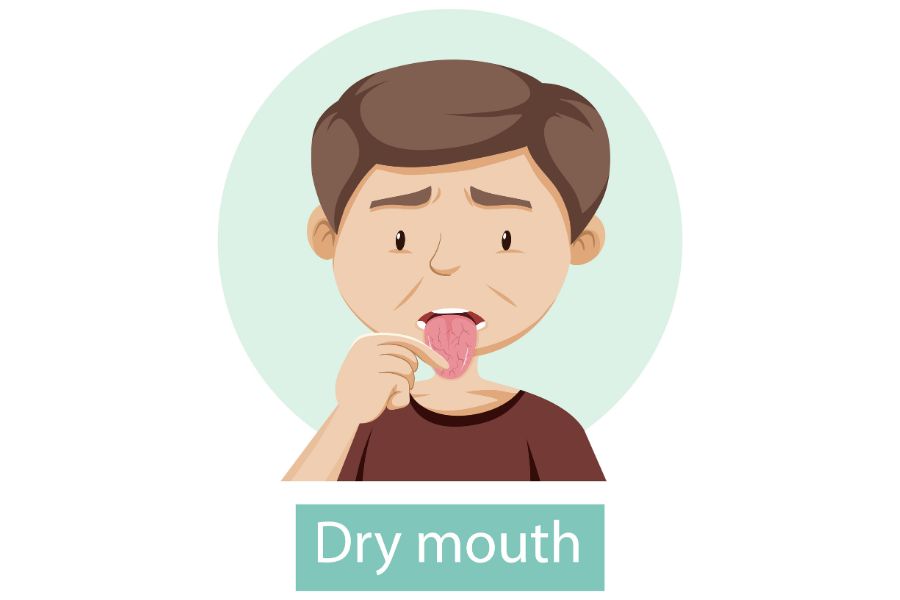Dry mouth, also known as xerostomia, is a common condition characterized by a decrease in saliva production. It can result in discomfort, difficulty swallowing, and even oral health issues. In this comprehensive guide, we’ll explore the causes and symptoms of dry mouth and provide practical solutions to help you manage and prevent this condition, ensuring a healthy and comfortable oral environment.
Medications
Medical Conditions
Lifestyle Choices
Decreased Saliva Production
Difficulty Swallowing and Chewing
Bad Breath
Cracked Lips and Dry Throat
Stay Hydrated
Chew Sugar-Free Gum
Use a Humidifier
Limit Caffeine and Alcohol Consumption
Consult Your Doctor
Dry mouth can be uncomfortable and impact your oral health, but by understanding the causes and implementing the suggested solutions, you can effectively manage and prevent this condition. Maintaining good oral hygiene and staying in close communication with your dentist is also essential for optimal oral health.

